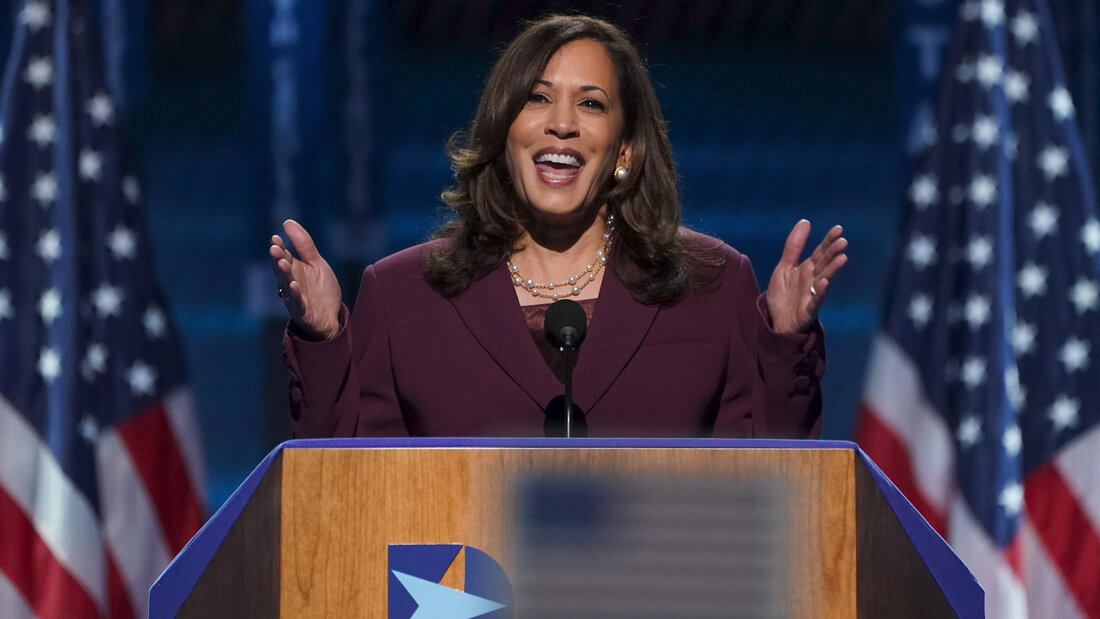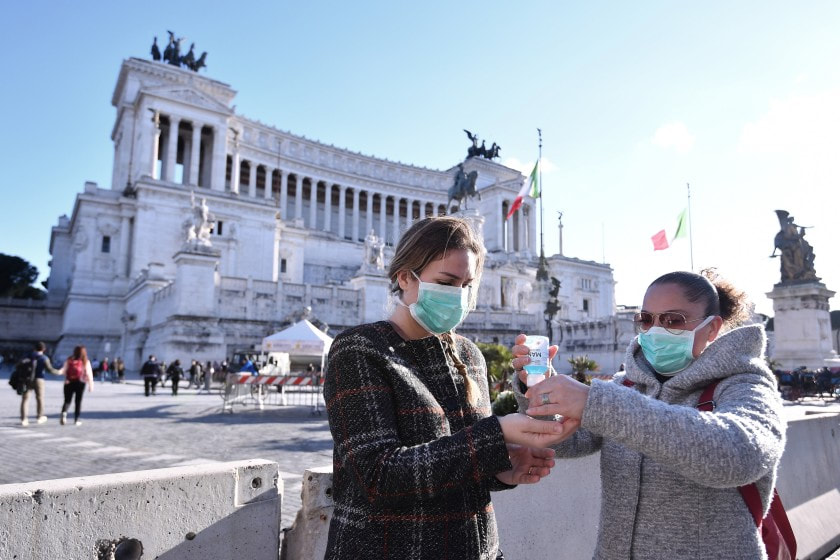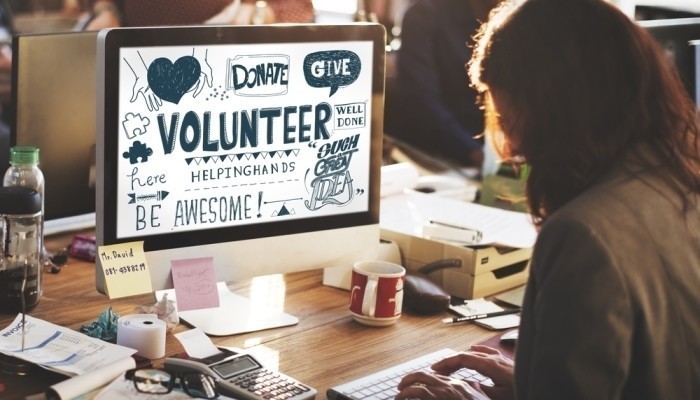|
August 28, 2020 / Source: The Bizz USA
By Isabelle Sitchon; Edited by Pallavi Vemuri and Haarika Kalahasti
1 Comment
August 21, 2020 / Source: The Bizz USA
By Elizabeth Insuasti; Edited by Haarika Kalahasti and Adya Kumar August 18, 2020 / Source: The Bizz USA
By Isabelle Sitchon; Edited by Pallavi Vemuri and Haarika Kalahasti August 14, 2020 / Source: The Bizz USA
By Haarika Kalahasti; Edited by Pallavi Vemuri and Haarika Kalahasti August 11, 2020 / Source: The Bizz USA
By Isabelle Sitchon; Edited by Pallavi Vemuri and Haarika Kalahasti August 7, 2020 / Source: The Bizz USA By Elizabeth Insuasti; Edited by Haarika Kalahasti and Adya Kumar Borders are closed, cruise vessels are docked, whole air fleets are grounded, and hotels, restaurants and touristic sites are shut down. The COVID-19 pandemic is arguably one of the most impactful events of the 21st century and has had tremendous effects on tourism--current estimations see 75 million jobs in tourism at immediate risk and suggest that the industry will lose more than 2.1 trillion US dollars (WTTC, 2020).
The outbreak of COVID-19 has drastically damaged the worldwide tourism and hospitality industries because of the relation to travel internationally. History has shown the traumatic impact on hotels, restaurants, airline industries, and travel agencies due to international travel restrictions, media coverage, and government measures. The global economy is now crippling with less production, the declining demand for resources, and reduced trade. These ill-judged decisions taken by governments on the COVID-19 situation had devastating effects on families and communities in panic. As a result, it is prevalent that countries worldwide will spend years recovering. All tourism businesses hold their breath while observing updates. The industry will experience countless global challenges, including the possibility of location quarantines, fear of airports, centers of mass gatherings, and not knowing what to do in case of illness in a foreign land, and the need for cross-border medical insurance. In the countries drastically affected, millions will be lost from cancellations, unemployment rates will skyrocket, smaller hotels and travel agencies will shut down due to bankruptcy, and airfares will rise, making traveling impossible even if crisis bypasses. Likewise, the cruise industry will face a severe crisis since they cannot assure eager vacationers of their safety when even the World Health Organization (WHO) doesn't seem to know how to best tackle the Coronavirus outbreak confidently. Companies face losses, but more importantly, the economy also faces high unemployment rates and the loss of Gross Domestic Product (GDP), an essential measure of the wealth of the economy. Every move an organization or the government takes, more and more businesses fall apart, and the economy deteriorates. For instance, Hawaii nearly shut down tourism, and tourist arrivals in the state and tourism, one of the main components of its economy, were down 99.5% this April. Tourism remained low for the country, as they required a 14-day quarantine before arrival. In June 2020, Hawaii had still not set a date for reopening the island to out-of-state tourism, but as of mid-June, the quarantine was lifted for inter-island tourism. The pandemic has had a significant impact on the airline industry due to travel restrictions and a slump in demand among travelers. Substantial reductions in passengers have resulted in several flight cancellations and planes flying empty between airports (which is never heard of before!!). This massively reduced airlines' revenues and forced many airlines to lay off employees or declare bankruptcy, such as Avianca. Some have even attempted to avoid refunding canceled trips to minimize their losses. According to some commentators, the ensuing crisis is the worst ever encountered in the airline industry's history. On March 25th, the United States Senate passed a bill that allocated $58 billion in loans and guarantees to the airline industry, including $25 billion for passenger carriers, $4 billion for cargo carriers, and $17 billion for companies "critical to maintaining national security". The airlines that accepted the package would be barred from increasing executive pay, issuing dividends, or buying back shares during the aid period. With uncertainty and fear hanging over travel, it is unknown how quickly the travel and tourism sector will recover, whether or not flights will make journeys, and what the new norm for future travel experience will be once new health and security measures are effectively placed. Until then, there will be many more canceled vacations, business trips, weekend getaways, and family reunions. Just as mass unemployment leaves indelible scars on labor markets, the current global travel collapse will bring long-term changes to international movement patterns for business and leisure. Airlines and hoteliers hope "travel bubbles"—small groups of countries reopening borders only among themselves—and "green lanes" for pre-screened travelers, such as those with antibodies showing immunity to COVID-19, will allow a gradual reopening and that normal travel will open next year. However, it is more likely that a new system of interlocking safe zones will operate for the foreseeable future, or at least until a vaccine is widely supplied. Travel will normalize quicker in safe zones that have coped well with COVID-19, including areas between South Korea and China and between Germany and Greece. But in poorer, developing countries struggling to manage the pandemic, such as India or Indonesia, any recovery will be slow. All of this will change the structure of future global travel. Many people, especially the elderly, will opt not to move around at all. Tourists who experiment with new locations in their safe zones or home countries will have to adjust to new habits. Some national and local governments will redesign their tourism strategies to keep down crowds, keep more money in the local economy, and enforce local regulations, including those protecting the environment. Many health protocols will become permanent, while other governments will compete for the shrinking tourist dollar by racing to the bottom, allowing the travel industry to regulate itself, and using discounts to fill hotels, airplanes, and revive tourism. It's too early for long-term predictions, but when the first travelers return to the skies, they will notice the new norm in flying procedures: reduced personal contact, enhanced sanitization, temperature checks, and social distancing. And where sufficient distance isn't possible—on board aircraft or in airports—masks will be required. Measures that have become commonplace will be adapted to flying: reduced personal contact, increased sanitization, temperature checks, and social distancing. Smart travelers will trust places with good governance and health systems. They will take fewer trips and make more extended stays, view the pandemic as a forecast of what's to come from the climate crisis, and act like responsible citizens and passionate travelers. August 4, 2020 / Source: The Bizz USA By Haarika Kalahasti; Edited by Adya Kumar As we live through the current pandemic, it is important to stay grounded in our values, be proactive, and take advantage of any spare time we have. There are many ways to productively fill time, such as studying ahead for school, taking online courses, learning a new hobby, and engaging in extracurricular opportunities. One particular activity to take on is community service, which can help you make a difference in your community, build character, and even build up your college resume.
|
Our WritersHaarika Kalahasti Archives
September 2021
Categories |









 RSS Feed
RSS Feed